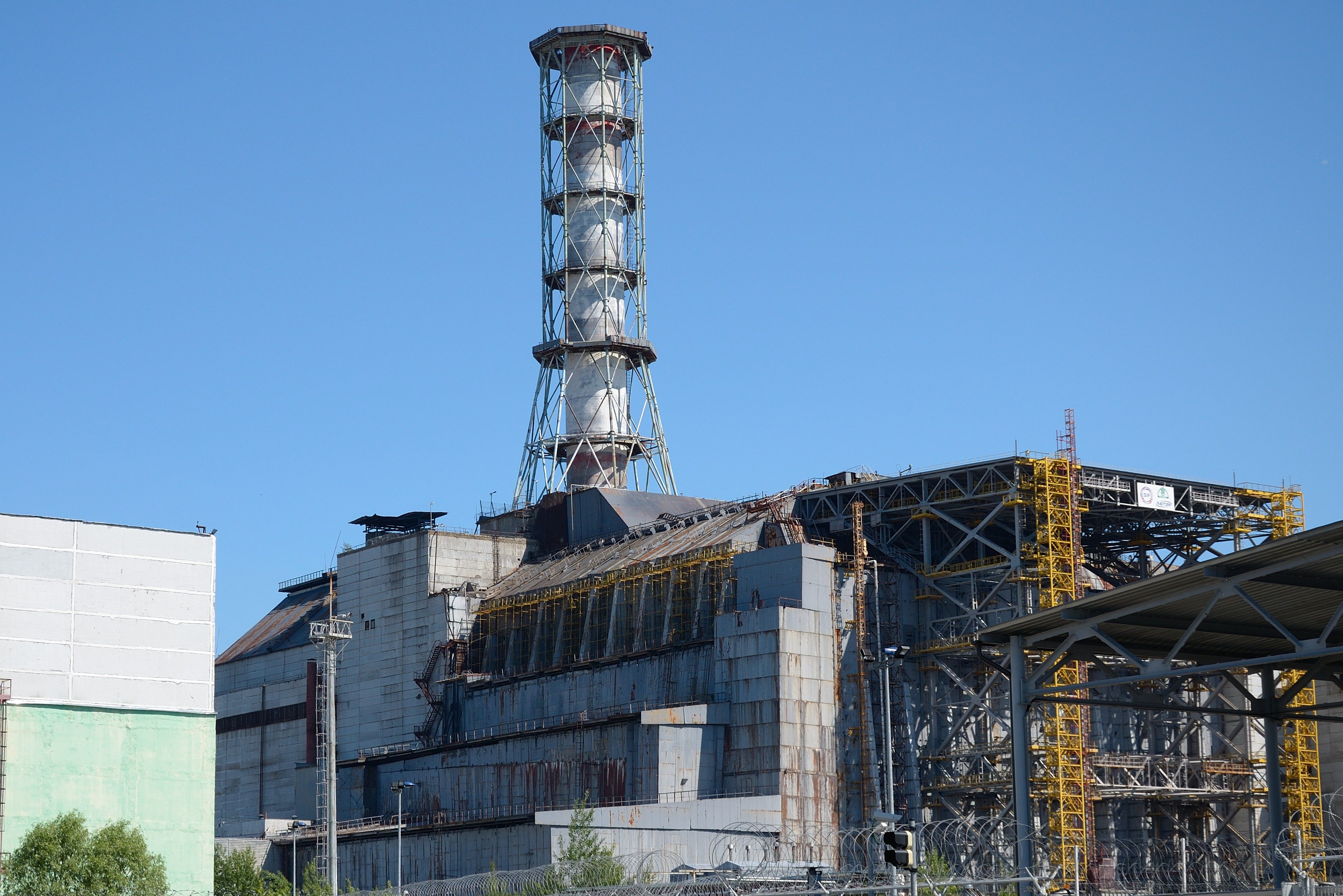One of the most frustrating things that can befall a rabbi is that, while looking for a good topic for a talk during one Yomtov, he comes across something suitable for another Yomtov! (This is reminiscent of that well-known occupational hazard of pulpit rabbis, “trep zikoren”, where you remember a great thought to include in your sermon just as you are coming down the steps afterwards.)
This happened to me during the past Chol HaMoed, when I found a beautiful idea, connected with Purim. Well, since I don’t think it will last until next Purim, I’ll just say it now!
The Sages say that Mordechai was expelled from the Sanhedrin. This is remarkable.
We read in the Megilla of Esther of how he was a tzaddik, and helped to save the Jews in Persia from extermination, and yet he was expelled from the Sanhedrin! What could he have done to merit this?
Well, you will recall that King Ahasuerus, after his sleepless night, let Mordechai ride through the streets dressed in royal clothes, with Haman leading him. That was all right, but the sages infer from the language that Mordechai actually enjoyed the humiliation of his enemy. And it was felt that one who derives honor from the downfall of his friend (or enemy) had no place in the Sanhedrin. Let us now turn to Pesach.
The Tur (in Hilchot Pesach) gives two reasons why we do not say “Shehecheyanu” at Kiddush on the last two evenings of Pesach. The first (and obvious) reason is that it is not a new festival (unlike the last two days of Sukkot, which are really new festivals: Shemini Atzeret and Simchat Torah).
But there is another, deeper reason. On the last two days, we commemorate our crossing of the Red Sea, when the Egyptians, G-d’s creatures, were drowned. This should mute our rejoicing. That is also one of the reasons given for saying a shorter Hallel on these last days of Pesach.
Now let us turn to a current event. I don’t usually talk about current events in droshas, but there is one that seems very relevant here.
We have been reading about the accident at a nuclear power plant in Russia. So far there have been, it seems, two thousand deaths, and the long term effects from radiation poisoning can hardly be imagined. Yet when people talk about this, I can often detect a certain glee. They won’t admit this, but it’s there. And I suppose it’s understandable, since the Russians are always making trouble, being aggressive, and so on. But these people who are suffering are G-d’s creatures! They are no worse than Haman or the Egyptians! And we should not derive satisfaction from their troubles.
Finally, let us turn to Moses. It is said that when he sang the Song of Praise by the Red Sea (Exod. 15: 1-18), which we read today, he had to force the words out of himself. He was right to sing a song of praise at our deliverance from the Egyptians, but his heart was heavy, because of the drowning of the Egyptians. There is a well-known midrash, that the angels came to G-d, asking to be allowed to sing this song as well, and G-d refused, saying, “How can you rejoice, while My creatures are drowning?”
The Sages said: “Whoever derives honor in the downfall of a friend, has no share in the world to come.” There is a character trait in many of us, to derive pleasure from someone else’s downfall, and we should work to eliminate it. Let us rather strive to share our neighbor’s burdens, and rejoice in his triumphs.
Pesach Kasher V’Sameach!!
